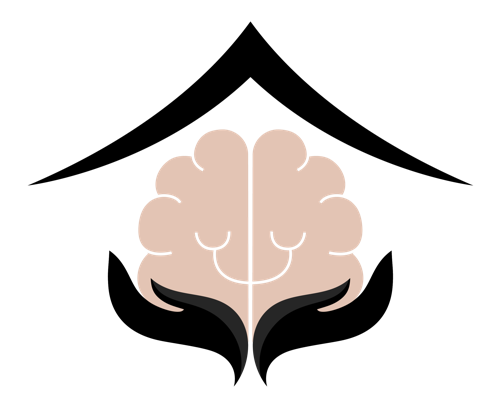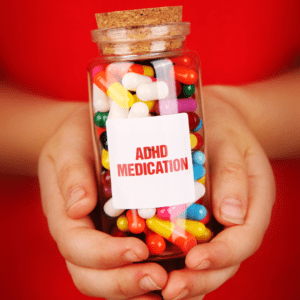Attention-Deficit Hyperactivity Disorder (ADHD) is a neurological condition characterized by a pattern of inattention, hyperactivity, and impulsivity. It affects individuals of all ages, presenting unique challenges in daily functioning. One of the most effective treatments for managing ADHD symptoms is the use of stimulant medications. Let’s delve into how these stimulants work, their types, their effectiveness, and what patients can expect.
 Understanding Stimulants: How Do They Work?
Understanding Stimulants: How Do They Work?
Stimulants are a class of drugs that increase activity in the brain, particularly in areas that control attention, behavior, and emotions. They enhance the concentrations of neurotransmitters in the brain, such as dopamine and norepinephrine. These neurotransmitters play a crucial role in attention and executive functions, which are often compromised in individuals with ADHD.
Types of Stimulants
The two primary types of stimulant medications used for ADHD are amphetamines and methylphenidate.
- Amphetamines: These stimulants increase neurotransmitters’ release and slow their reuptake. Well-known amphetamines include Adderall and Vyvanse.
- Methylphenidates: These stimulants increase the brain’s activity of norepinephrine and dopamine. Common brands include Ritalin, Focalin, and Concerta.
Effectiveness of Stimulants in Treating ADHD
Stimulants are often considered the first line of treatment for ADHD due to their high effectiveness. They have been shown to improve attention, focus, and control impulsivity in approximately 70-80% of patients with ADHD. This improvement can enhance performance in school, work, and social settings.
What Patients Can Expect
- Immediate Results: Unlike many other psychiatric medications, stimulants usually work quickly, often showing effects within 30-60 minutes.
- Dosage Adjustments: Finding the right dosage is a critical step. Healthcare providers typically start with a low dose and gradually increase it to find the most effective dose with the fewest side effects.
- Side Effects: Common side effects include decreased appetite, weight loss, insomnia, and increased heart rate. Most side effects are mild and manageable.
- Regular Monitoring: Patients on stimulants should be regularly monitored by their provider to assess the effectiveness of the medication and any side effects.
 Important Considerations
Important Considerations
- Not a One-Size-Fits-All: While stimulants are effective for many, they may not work for everyone. Individual responses can vary.
- Potential for Misuse: Due to their nature, there is a potential for misuse of stimulants, which necessitates careful monitoring.
- Holistic Approach: Medication is often more effective when combined with therapy, lifestyle changes, and support.
Conclusion
Stimulants play a significant role in managing ADHD, offering a pathway to improved concentration, behavior, and overall quality of life. However, it’s essential to approach treatment as a collaborative and dynamic process involving healthcare providers, patients, and their families. With the right approach and support, individuals with ADHD can navigate their symptoms more effectively and lead fulfilling lives.

 Understanding Stimulants: How Do They Work?
Understanding Stimulants: How Do They Work? Important Considerations
Important Considerations

